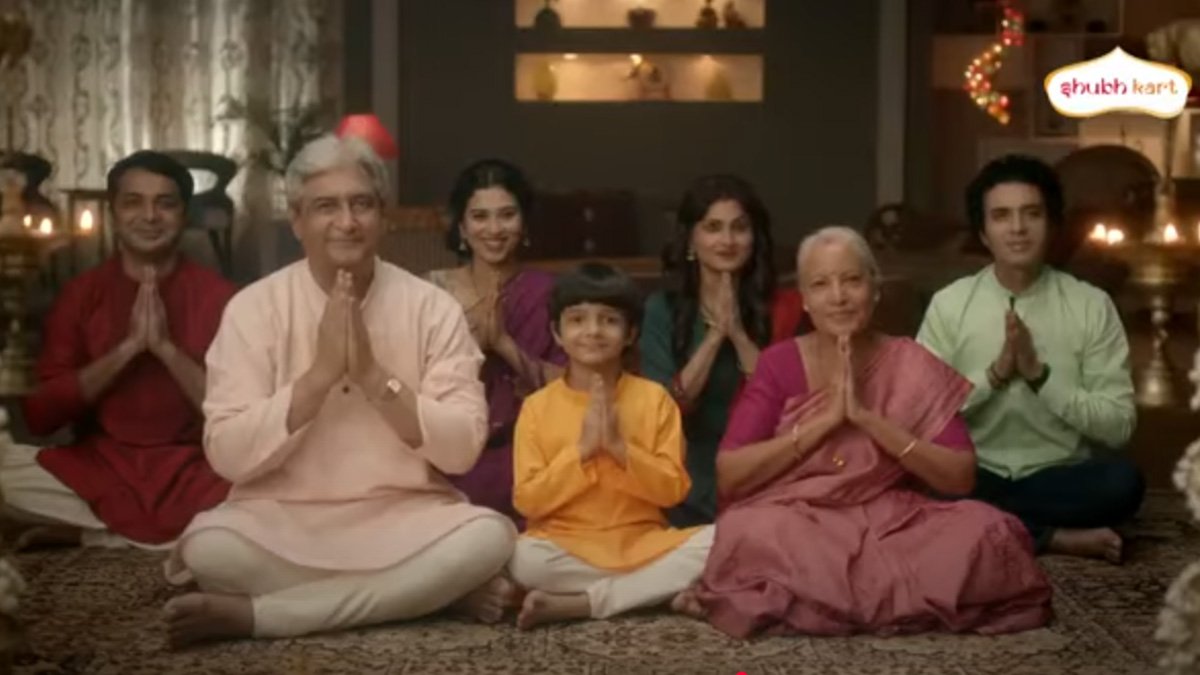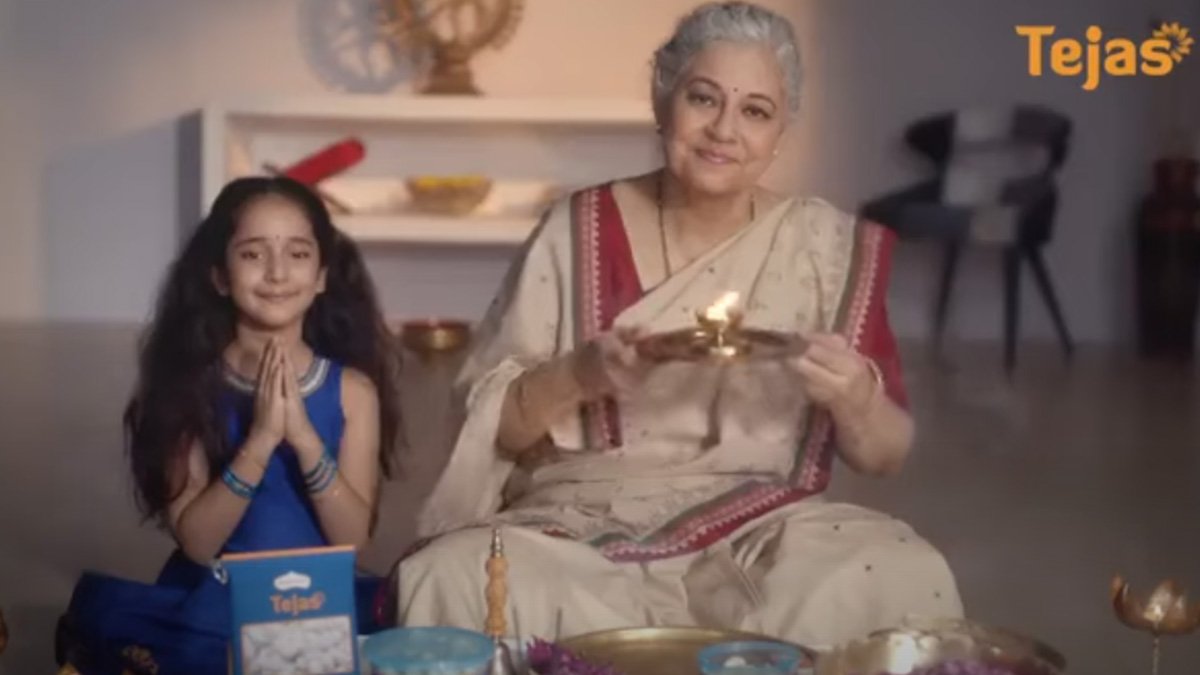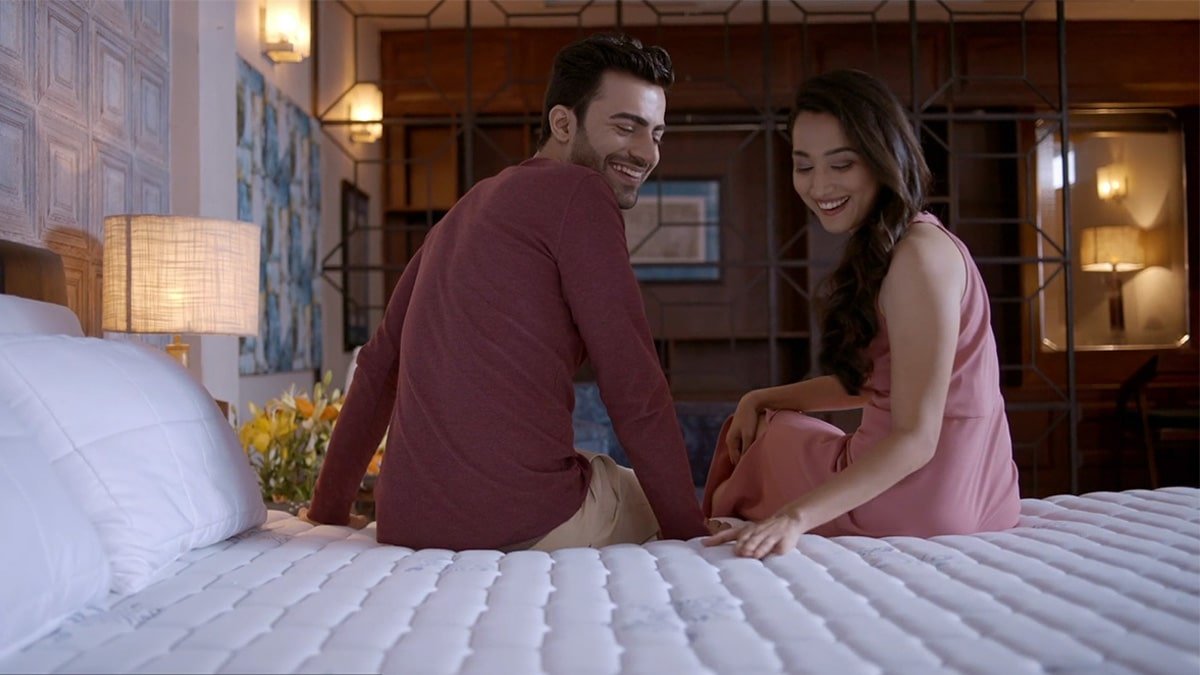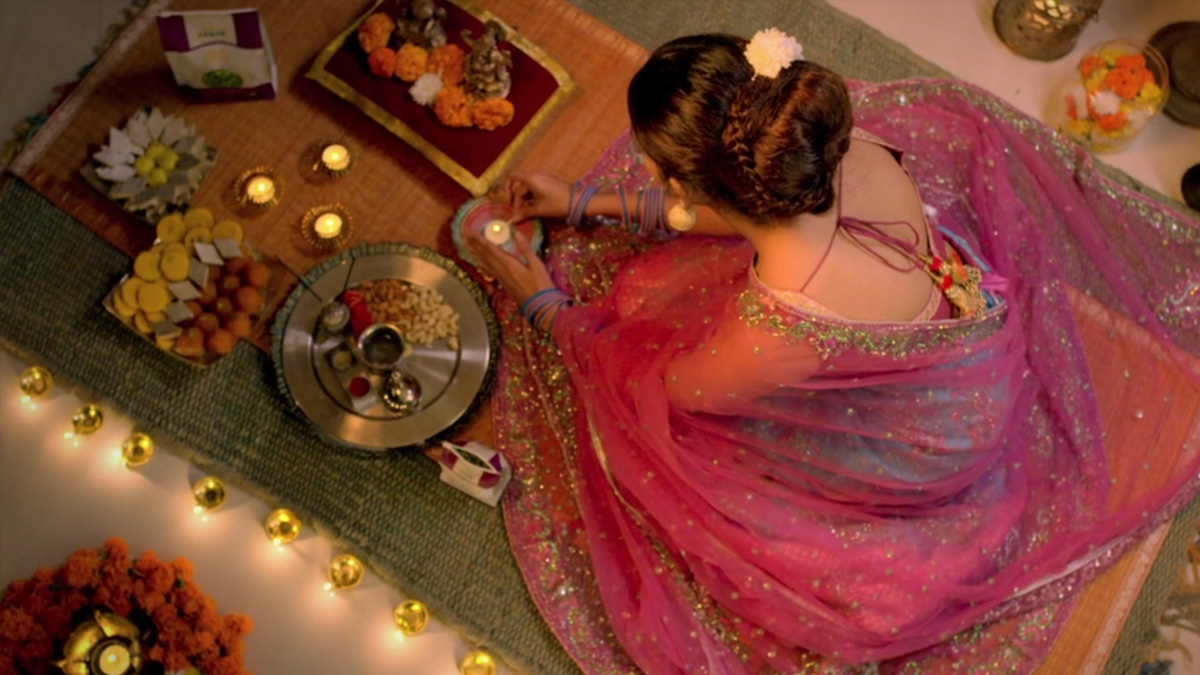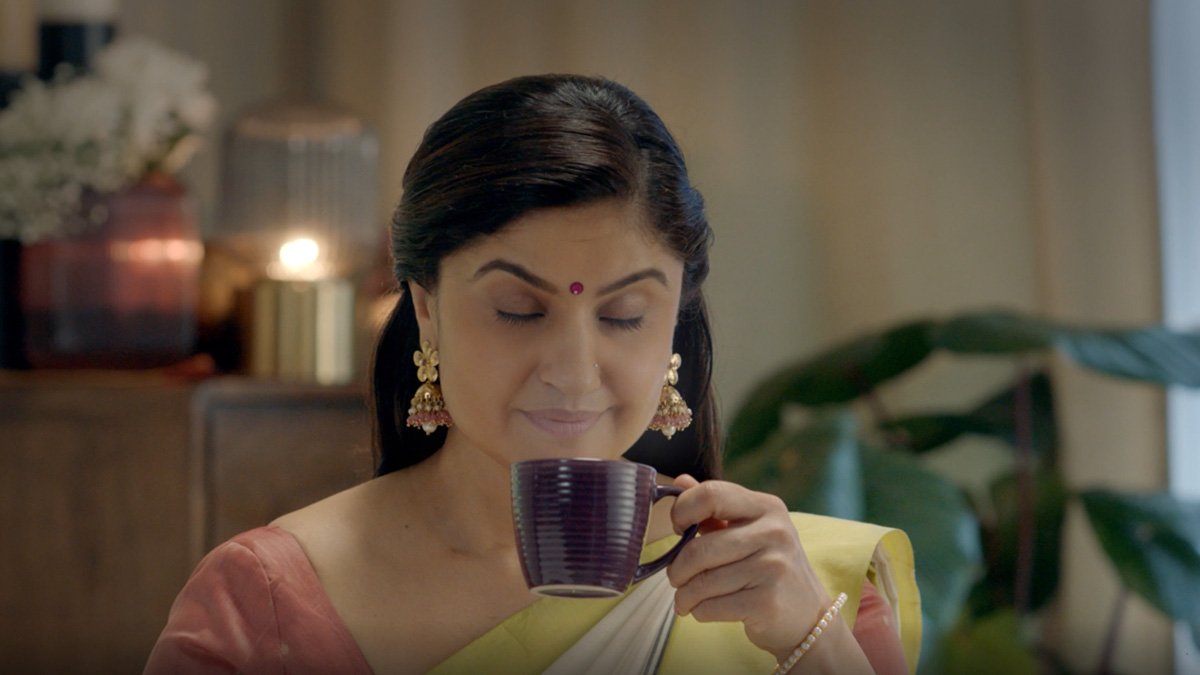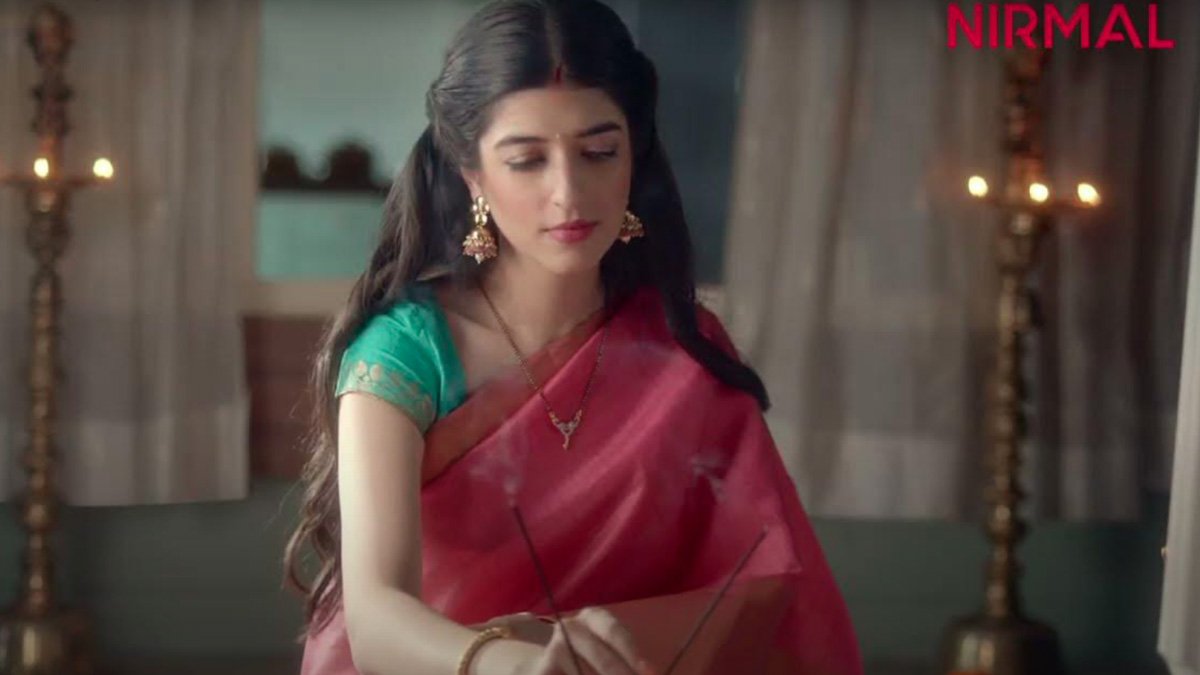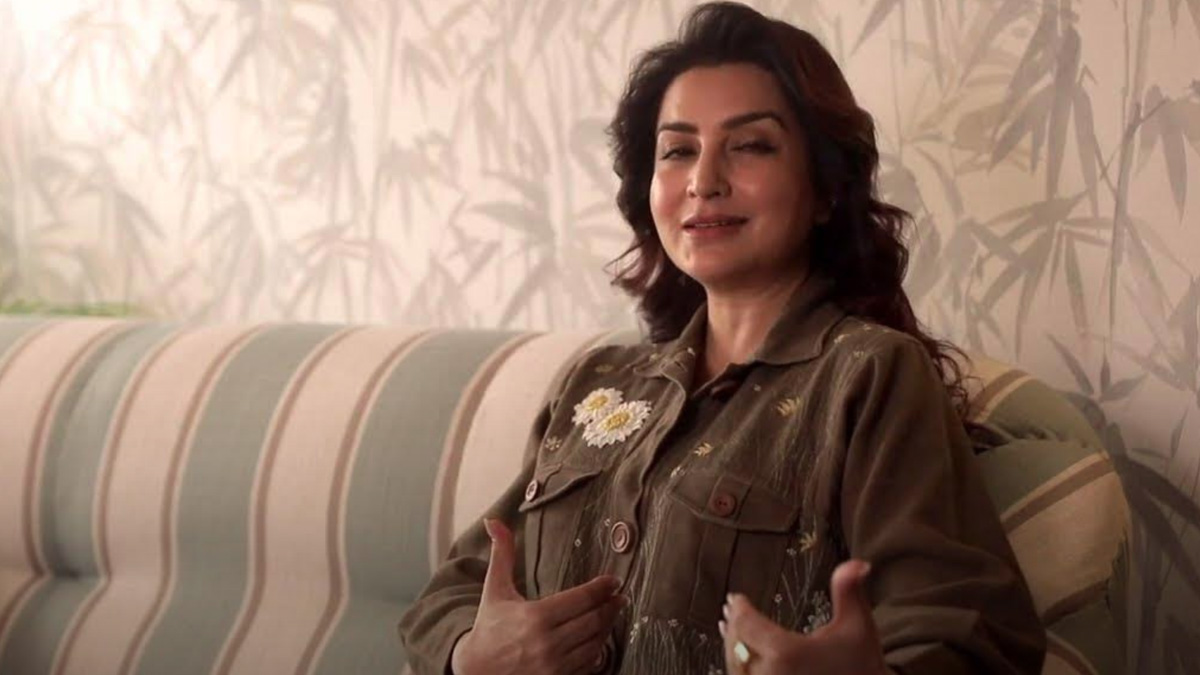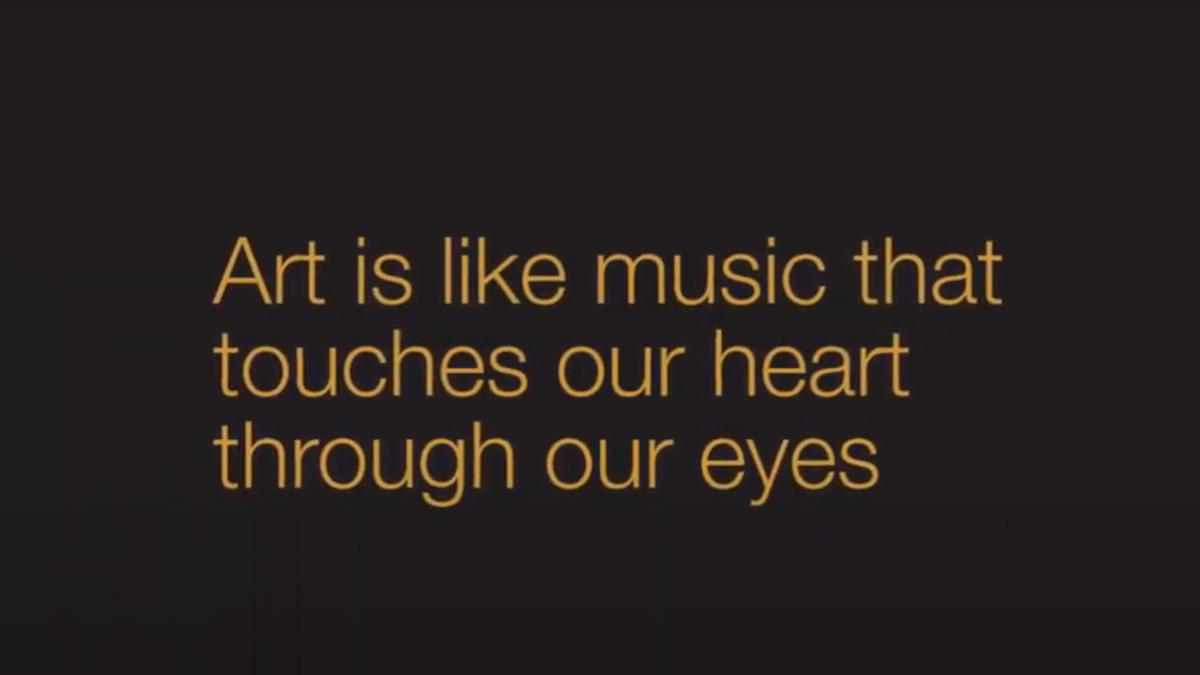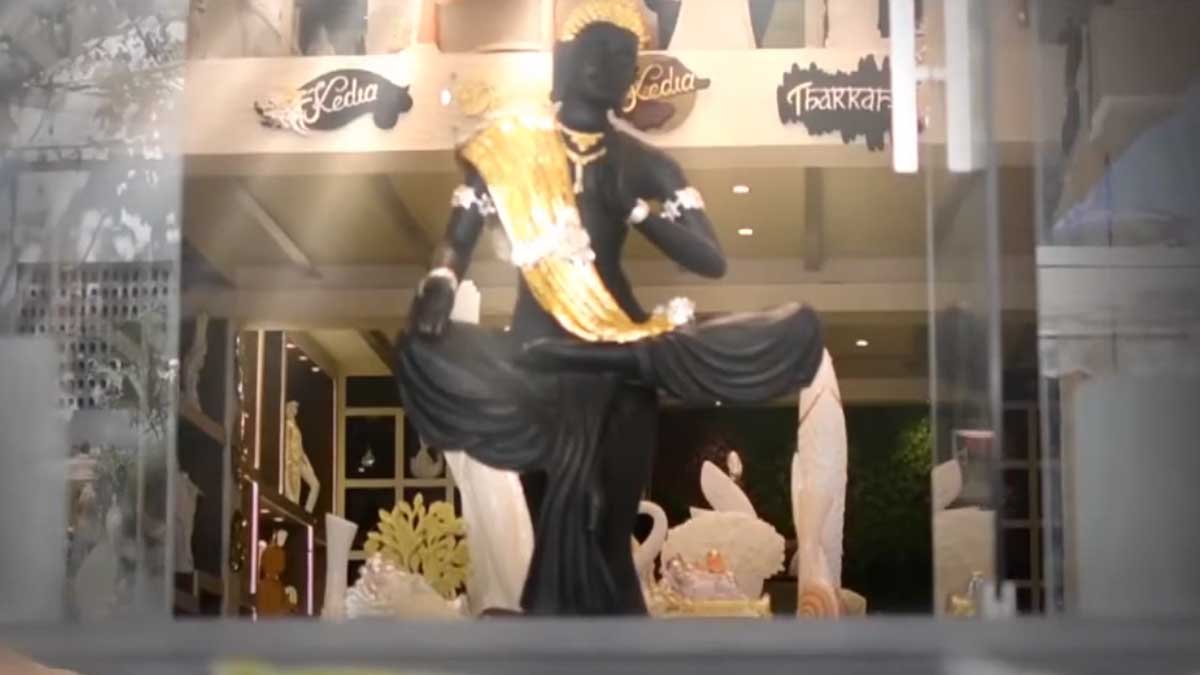Celebrating a Timeless Classic: Gone with the Wind
Welcome, cinephiles, to a tribute to one of Hollywood's most iconic and influential films. As Earth Films commemorates this timeless classic, let us embark on a journey back to the days of technicolor marvels and captivating storytelling. Released in 1939, "Gone with the Wind" captured the hearts of audiences worldwide, becoming an indelible part of cinematic history. This blog takes you behind the scenes and explores the reasons behind its enduring popularity.
A Land of Cavaliers and Cotton Fields: In the midst of a turbulent era, "Gone with the Wind" emerged as a vivid portrayal of the American Civil War. The film delved into profound themes such as slavery, adultery, and theft, weaving a compelling narrative around these issues. Adapted from Margaret Mitchell's 1936 novel, the movie stood out as one of the first technicolored films created by Hollywood, further amplifying its visual impact and enchantment.
An Engaging Story Told Well: At the core of the film lies its complex and stubborn characters, who bring forth a resonant emotional tension. The scenes of Atlanta burning and dying Confederate soldiers continue to evoke powerful emotions, even in the face of decades of technical advancements in filmmaking. It is no wonder that "Gone with the Wind" garnered eight Academy Awards, including Best Picture, Actress, and Directing, solidifying its place among the cinematic greats.
Scarlett O'Hara: A Modern Woman: Scarlett O'Hara, brought to life by the remarkable Vivien Leigh, stands as a testament to the evolving role of women in society. Her free-spirited nature and determination mirrored the changing attitudes of the 1930s, as women began venturing beyond traditional gender roles. Scarlett's unyielding pursuit of control over her own desires and economic destiny resonated with audiences, making her a symbol of strength during uncertain times.
Rhett Butler: A Bold Counterpart: Opposite Scarlett, the charismatic Rhett Butler, portrayed by the legendary Clark Gable, epitomized the embodiment of desire and charm. Their passionate and tumultuous relationship captivated audiences, as Rhett's confident demeanor and audacious lines left a lasting impression. Indeed, "You should be kissed, and often, and by someone who knows how" became an unforgettable dialogue that stirred fantasies and stirred emotions.
The Counterpoint of the Old South: Beyond the romantic entanglements, "Gone with the Wind" also offered a slanted yet passionate view of the Old South. The film portrayed the South before, during, and after the war, providing a comprehensive perspective through Scarlett's eyes. While acknowledging the problematic nature of the film's portrayal, it is worth noting the complexity and humanity granted to the African-American characters, such as the compelling Mammy, played by the talented Hattie McDaniel.
Interesting Facts: Did you know that during the film's production, multiple directors were involved due to various challenges? The producer, David O. Selznick, played a pivotal role in creating a masterpiece by skillfully blending melodrama with state-of-the-art production values. Some of the film's iconic shots, such as the burning of Atlanta and Scarlett's carriage ride, continue to leave audiences breathless.
As Earth Films celebrates the 60th anniversary of "Gone with the Wind," we pay homage to a movie that transcends time. Despite the controversies surrounding its sentimental view of the Civil War, the film's ability to tell a captivating story and captivate audiences remains unparalleled. It stood as a beacon of escapism during the Great Depression and reflected the shifting dynamics of society. Through its remarkable performances, breathtaking visuals, and enduring dialogues, "Gone with the Wind" continues to charm and fascinate generations of cinephiles.
So, let us raise our glasses to this enduring classic, appreciating the artistry that went into its creation and the impact it left on the world of cinema. As Scarlett O'Hara famously proclaimed, "After all, tomorrow is another day," and the legacy of "Gone with the Wind" continues to shine brightly in the annals of film history.



